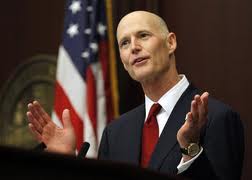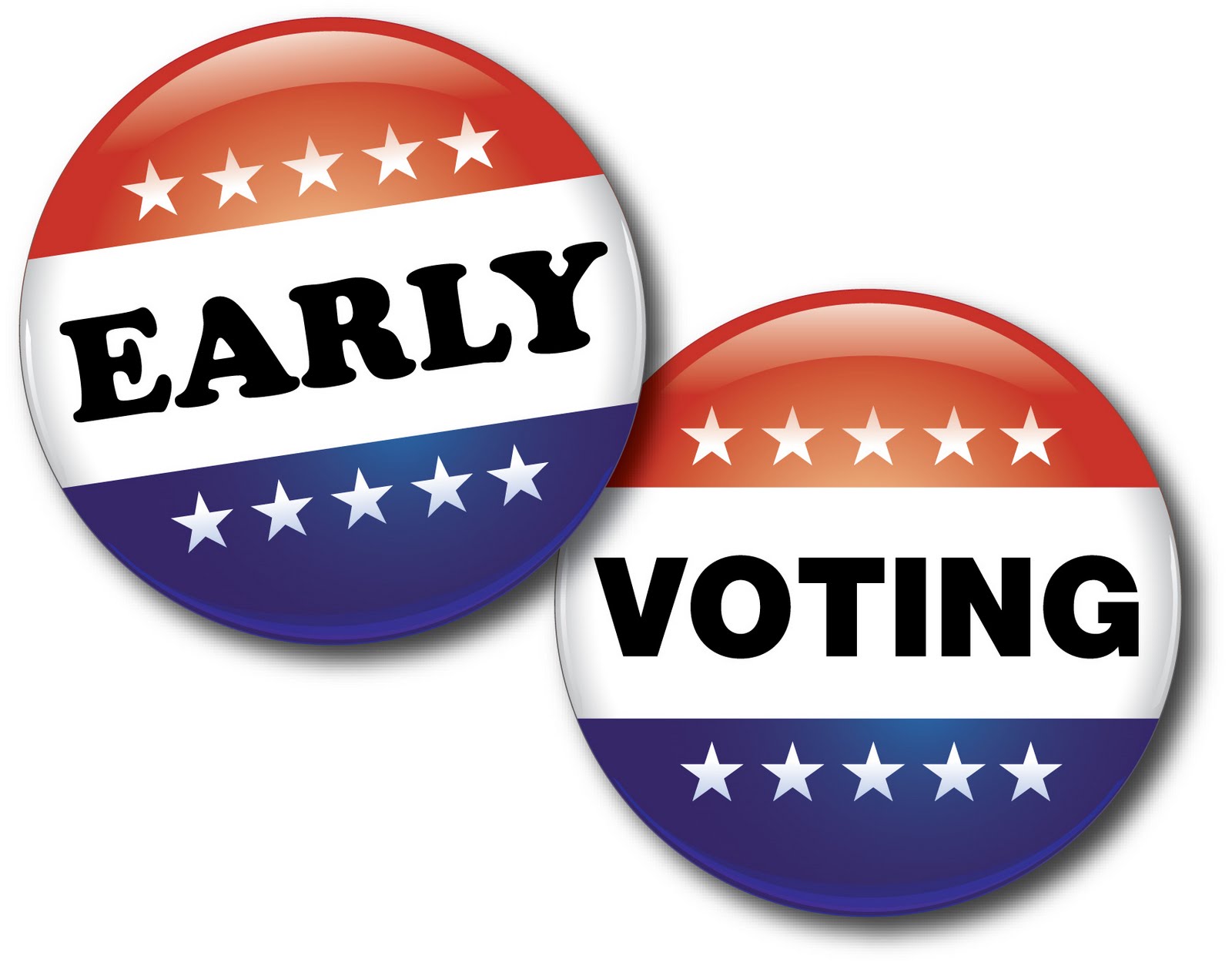

MIRAMAR BEACH, FL— (July 6, 2012) — Gov. Rick Scott continued on Friday to argue against setting up exchanges to help people find health insurance, saying they won’t make health coverage cheaper and may not give people coverage they want.
In response to a question after a speech to newspaper editors, Scott continued to criticize the exchanges, part of the federal health care law, and repeated his position that the state won’t start one.
In the larger scheme that may not matter: the law says the federal government will operate health exchanges in states that don’t design their own.
Florida would have a chance to have some influence on the design of the exchange if it were to do its own, but Scott said Florida would forgo that chance because the whole idea is flawed.
”We’re not going to implement the health care exchanges because it’s not going to drive down the cost of health care, it’s going to raise the cost,” Scott said, while speaking at the Southeastern Press Convention, a meeting near Destin of newspaper editors and publishers from several southeastern states.
A health exchange is envisioned as something like a ”store” for buying health coverage, choosing from multiple insurance companies. Health policies that would be available would be pre-chosen by the exchange, which would also seek to standardize what the plans offer to make comparisons on price easier. The exchanges are aimed mainly at people who don’t have coverage through their employer, and are a key part of the effort to reduce the number of uninsured.
In a similar way to how people who are employed typically don’t have a lot of choices about their insurance, people in the exchanges would also have a similar set-up; someone working to link them up with a health plan, with different tiers of coverage based on what they can pay. Insurance bought through exchanges would also be portable, so people wouldn’t lose their coverage based on changing jobs.
While not addressing the lack of choice most people covered by their employer have, Scott said the choice issue is one of the main reasons he’s opposed to exchanges.
”The government will dictate the rules,” Scott said at Friday’s convention appearance. ”The problem with the exchanges is the government is going to dictate the type of policies. The policies that will be on there are the kind of policies you might not want to buy.”
Scott’s resistance to the idea comes as lawmakers have started to think about what role, if any, they have in deciding how Florida moves forward in the implementation of the new federal health law, which was upheld by the U.S. Supreme Court last week and mostly goes into effect in 2014.
Several Republican legislators said last week that they believed lawmakers would have a role – though Scott has been vocal over the last several days in his insistence that Florida’s mind is already made up on rejecting optional parts of the health care law.
Florida also will be able to opt out of an expansion of Medicaid that is contemplated by the new law as helping get people covered, and Scott has said Florida will do so, and repeated that assertion on Friday.
”We already have a Medicaid program that covers the most vulnerable people in our state,” Scott said. ”I don’t know if we have another $500 million, $700 million. I don’t know where it’s going to come from.”
But the Palm Beach Post reported Friday that leaders in the state Senate have been ”working on a plan” to implement the exchanges, and also are still considering whether to expand Medicaid.
One of the key questions that has emerged is what power the governor has, versus the power of lawmakers on the issue.
The Legislature determines the state’s Medicaid budget, but the governor has line item veto power. The functional implementation of any Medicaid expansion would be done by the Agency for Health Care Administration, which answers to the governor. Major Medicaid changes are also approved by the federal government.
And, as noted earlier, if Florida doesn’t implement a health care exchange, the federal government has said it would do so for the state. In some other Republican-run states, officials have said now that the health care law has been found constitutional, they want some say over design.
And two elections will play a role in the ultimate outcome in Florida. Republicans are hoping that if they can elect Mitt Romney president this year and elect a GOP majority in both chambers of Congress, they can repeal the Affordable Health Care Act. And with the act scheduled to mostly take effect in 2014, the executive branch part of its implementation in Florida will be up to whoever is elected governor that year, when Scott seeks re-election for the first time.




Be the first to comment